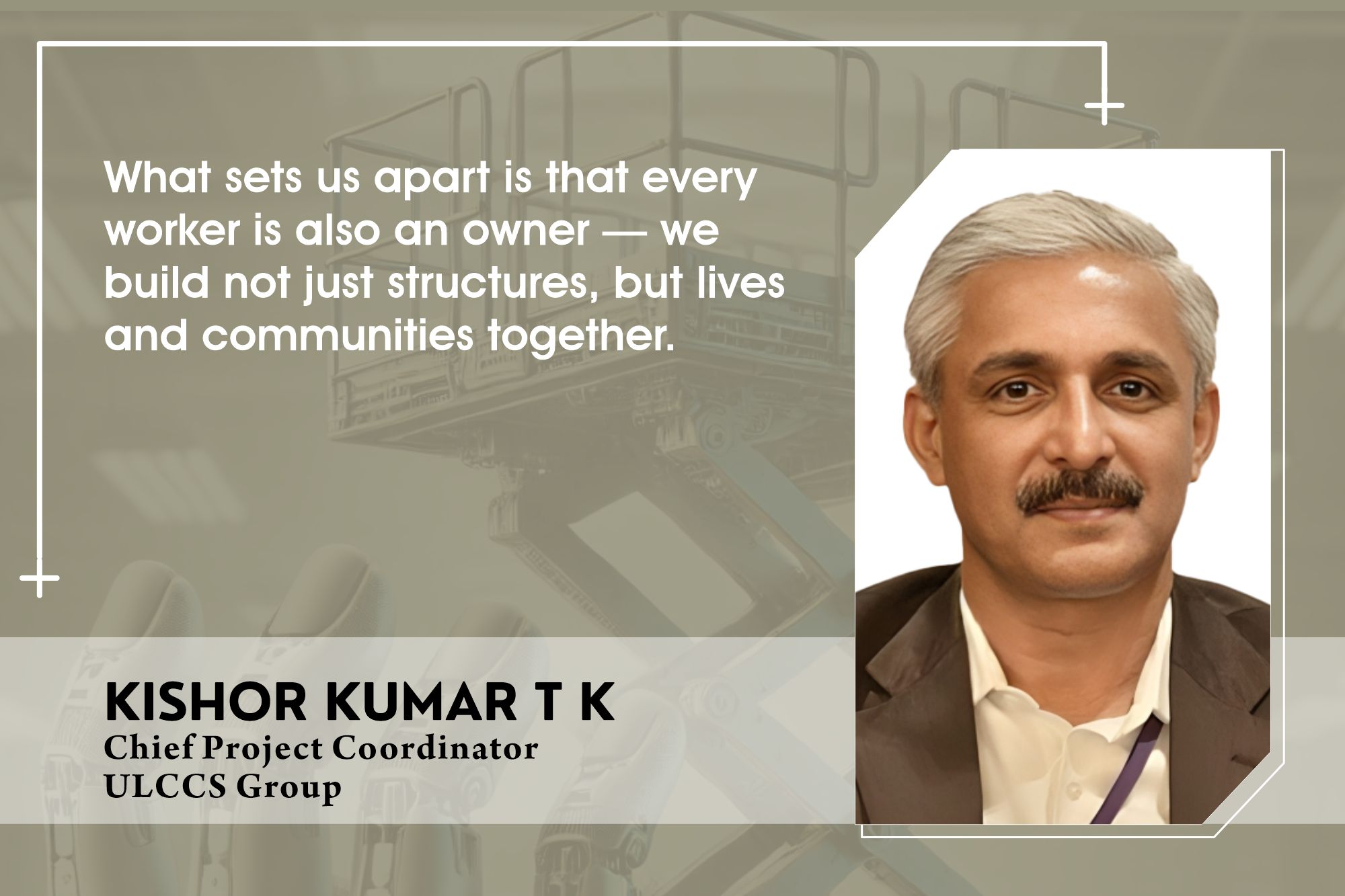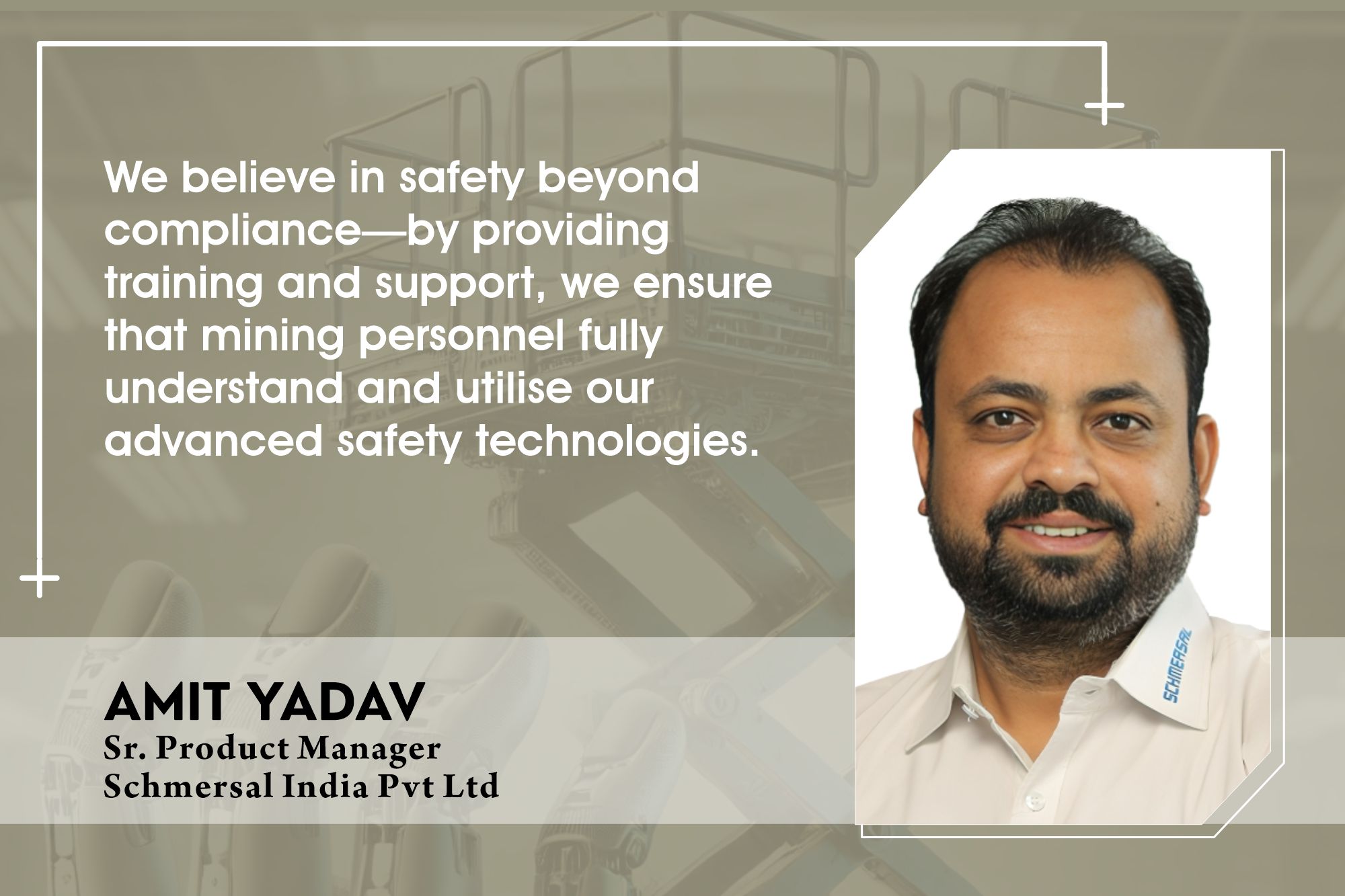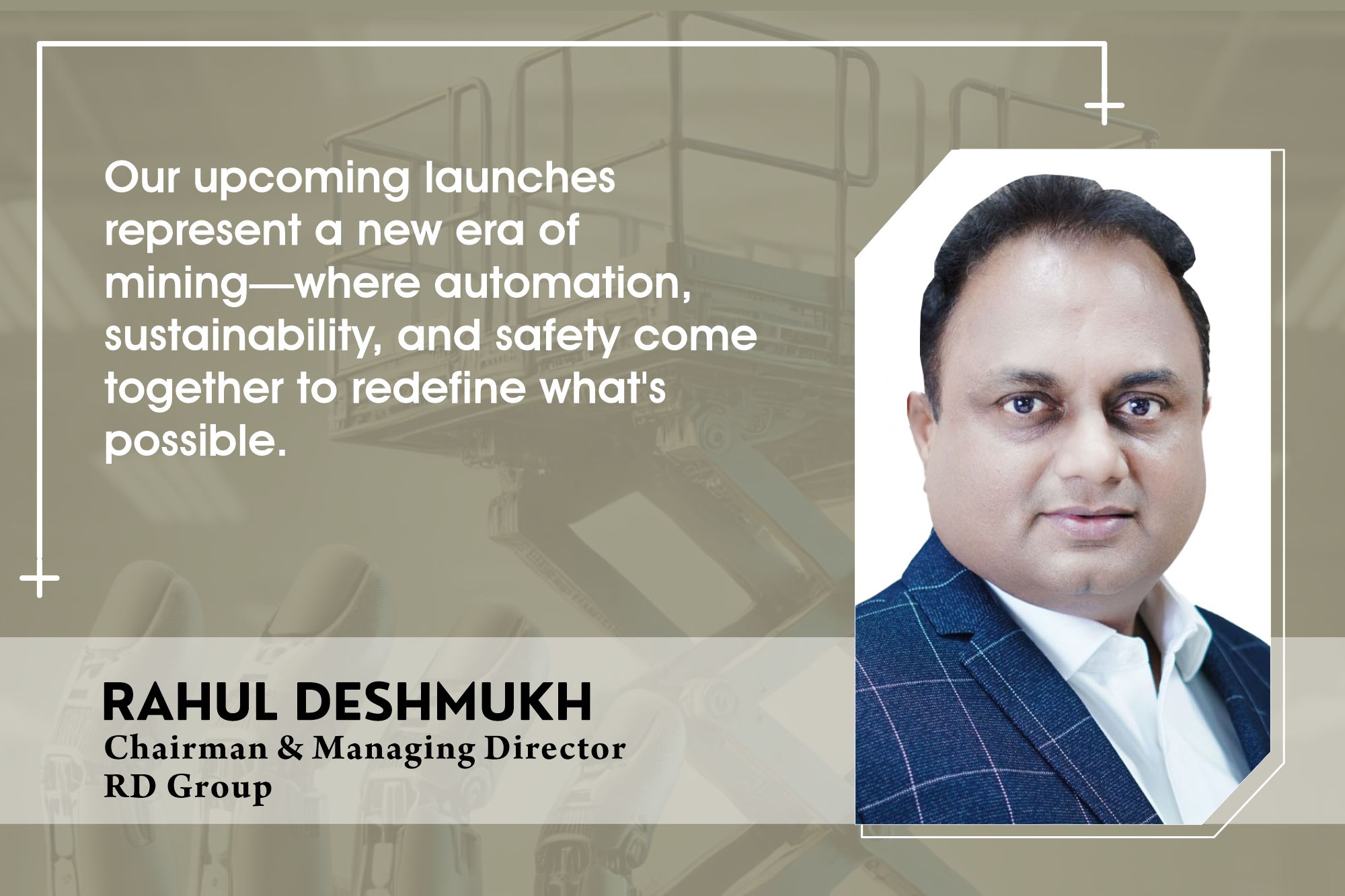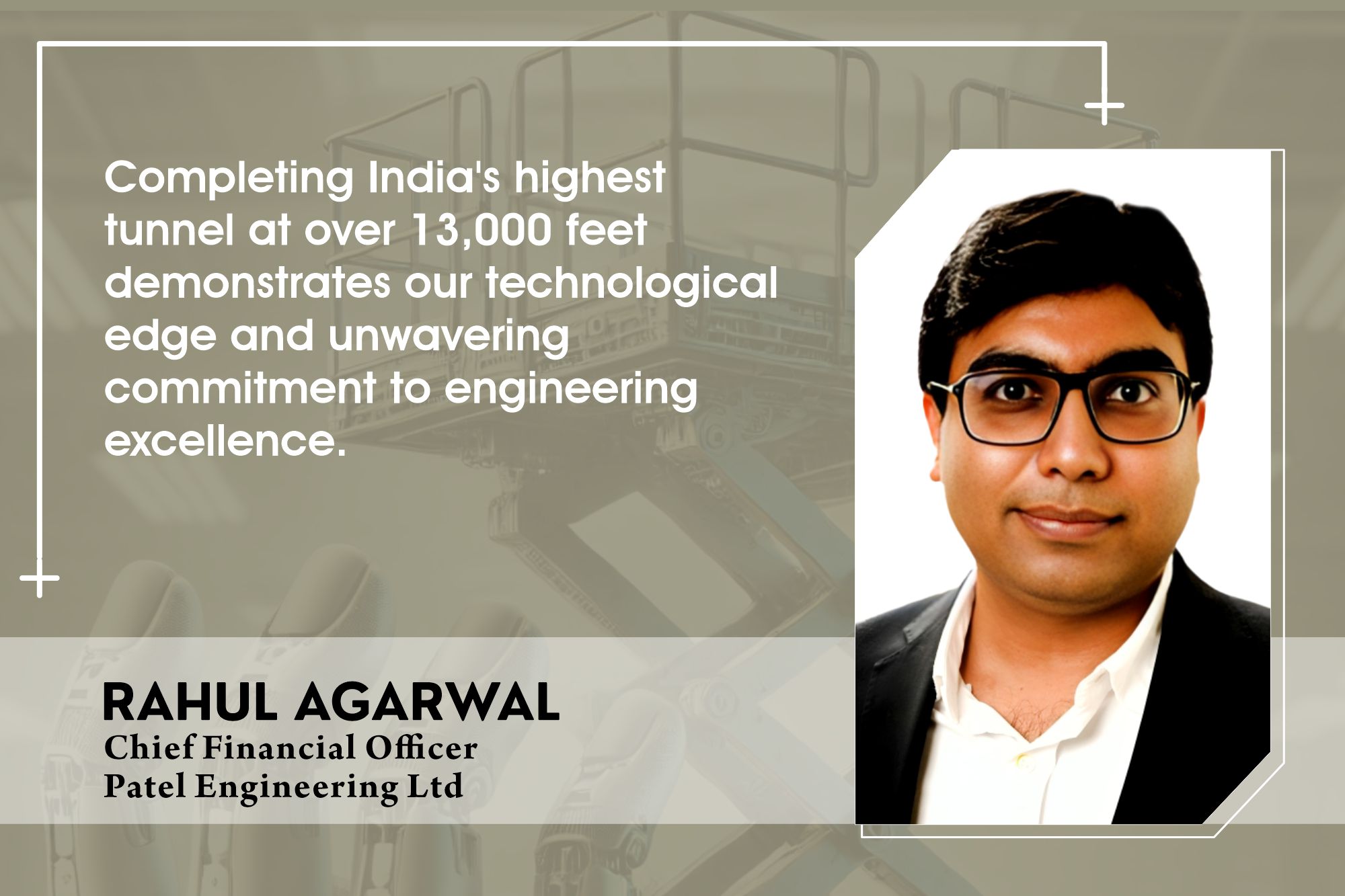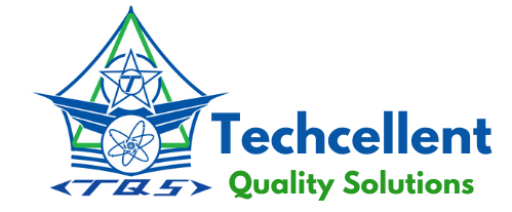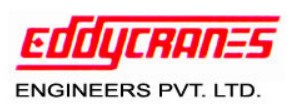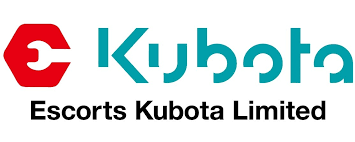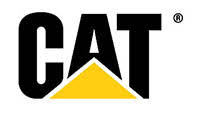India is witnessing significant interest from international investors
By Edit Team | October 30, 2019 8:37 am SHARE
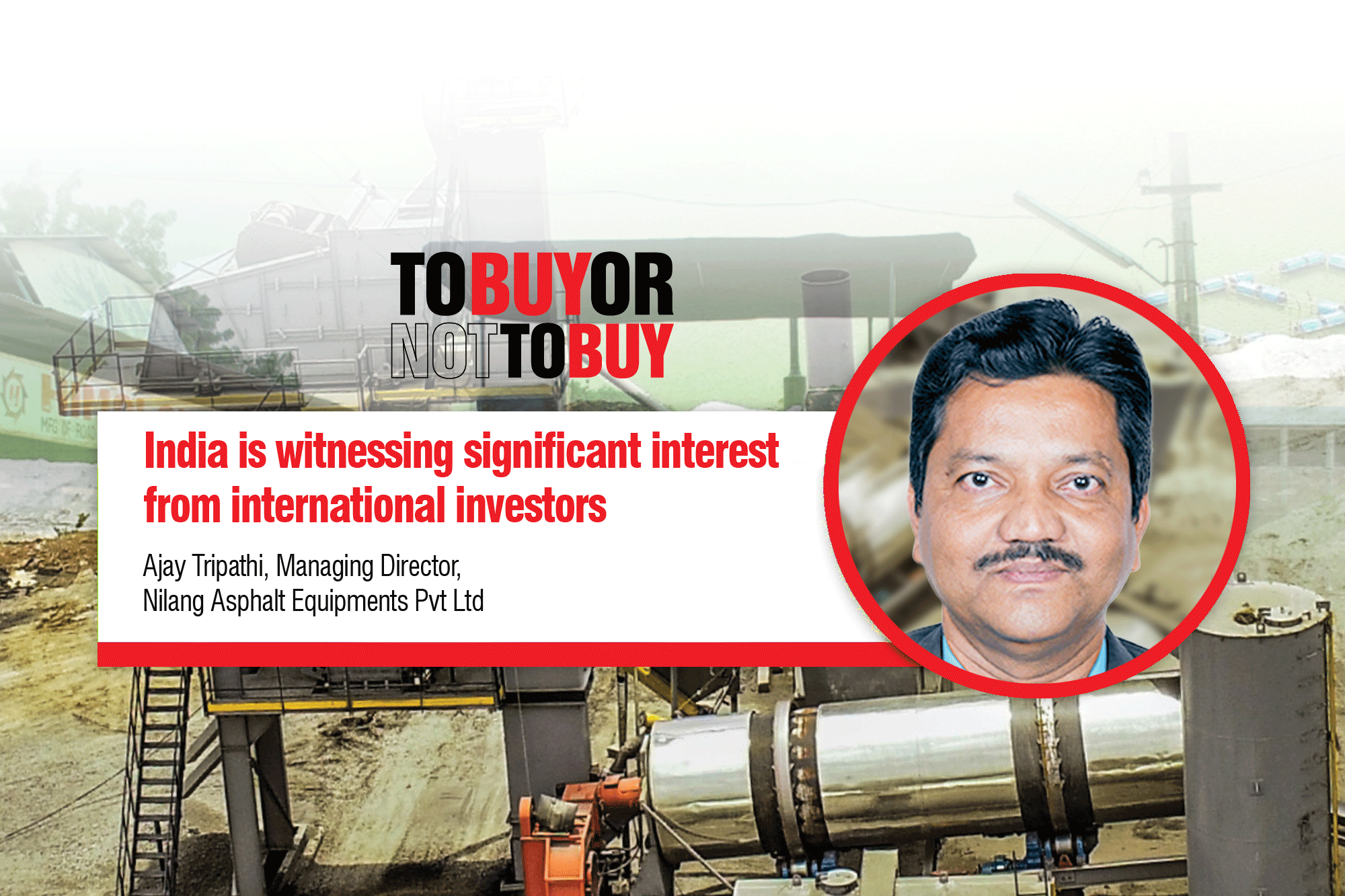
The infrastructure sector is highly responsible for propelling India’s overall development and enjoys intense focus from government for initiating policies that would ensure time-bound creation of world class infrastructure in the country.
How do you assess the current market in terms of product sales and what kind of growth you expect for the industry?
Infrastructure sector is a key driver for the Indian economy. The sector is highly responsible for propelling India’s overall development and enjoys intense focus from government for initiating policies that would ensure time-bound creation of world class infrastructure in the country.
Foreign Direct Investment (FDI) received in construction development sector from April 2000 to March 2019 stood at US$ 25.05 billion, according to the Department of Industrial Policy and Promotion (DIPP). The logistics sector in India is growing at a CAGR of 10.5 per cent annually and is expected to reach US$ 215 billion in 2020.
India has a requirement of investment worth `50 trillion (US$ 777.73 billion) in infrastructure by 2022 to have sustainable development in the country. India is witnessing significant interest from international investors in the infrastructure space. Some key investments in the sector are—in 2018, infrastructure sector in India witnessed private equity and venture capital investments worth US$ 1.97 billion. In June 2018, the Asian Infrastructure Investment Bank (AIIB) has announced US$ 200 million investment into the National Investment & Infrastructure Fund (NIIF). Indian infrastructure sector witnessed 91 M&A deals worth US$ 5.4 billion in 2017.
The government of India is expected to invest highly in the infrastructure sector, mainly highways. The total national highways length increased to 122,434 kms in FY18 from 92,851 kms in FY14. Adding to this, India’s rank jumped to 24 in 2018 from 137 in 2014 on World Bank’s Ease of doing business – “Getting Electricity” ranking. India’s national highway network is expected to cover 50,000 kilometres by 2019. National highway construction in India has increased by 20 per cent year-on-year in 2017-18. India and Japan have joined hands for infrastructure development in India’s north-eastern states and are also setting up an India-Japan Coordination Forum for Development of North East to undertake strategic infrastructure projects in the northeast.
What is your strategy to expand business for existing product range?
For coming years, Nilang is having strategy to expand business aggressively for existing product range. As presently Nilang products are considered the best in price and most reliable in quality, giving good competition to the top players in domestic market. Hence, now Nilang is forwarding a step ahead and planning to follow strategy to focus other international markets by participating international shows and business gatherings.
Ajay Tripathi, Managing Director, Nilang Asphalt Equipments Pvt Ltd
Cookie Consent
We use cookies to personalize your experience. By continuing to visit this website you agree to our Terms & Conditions, Privacy Policy and Cookie Policy.


